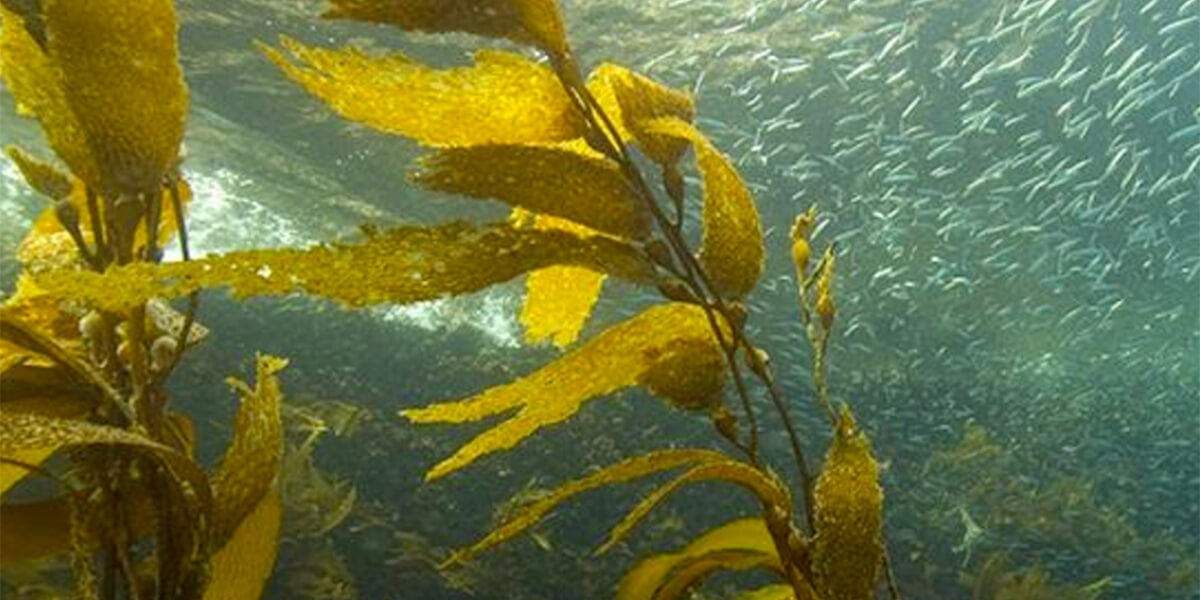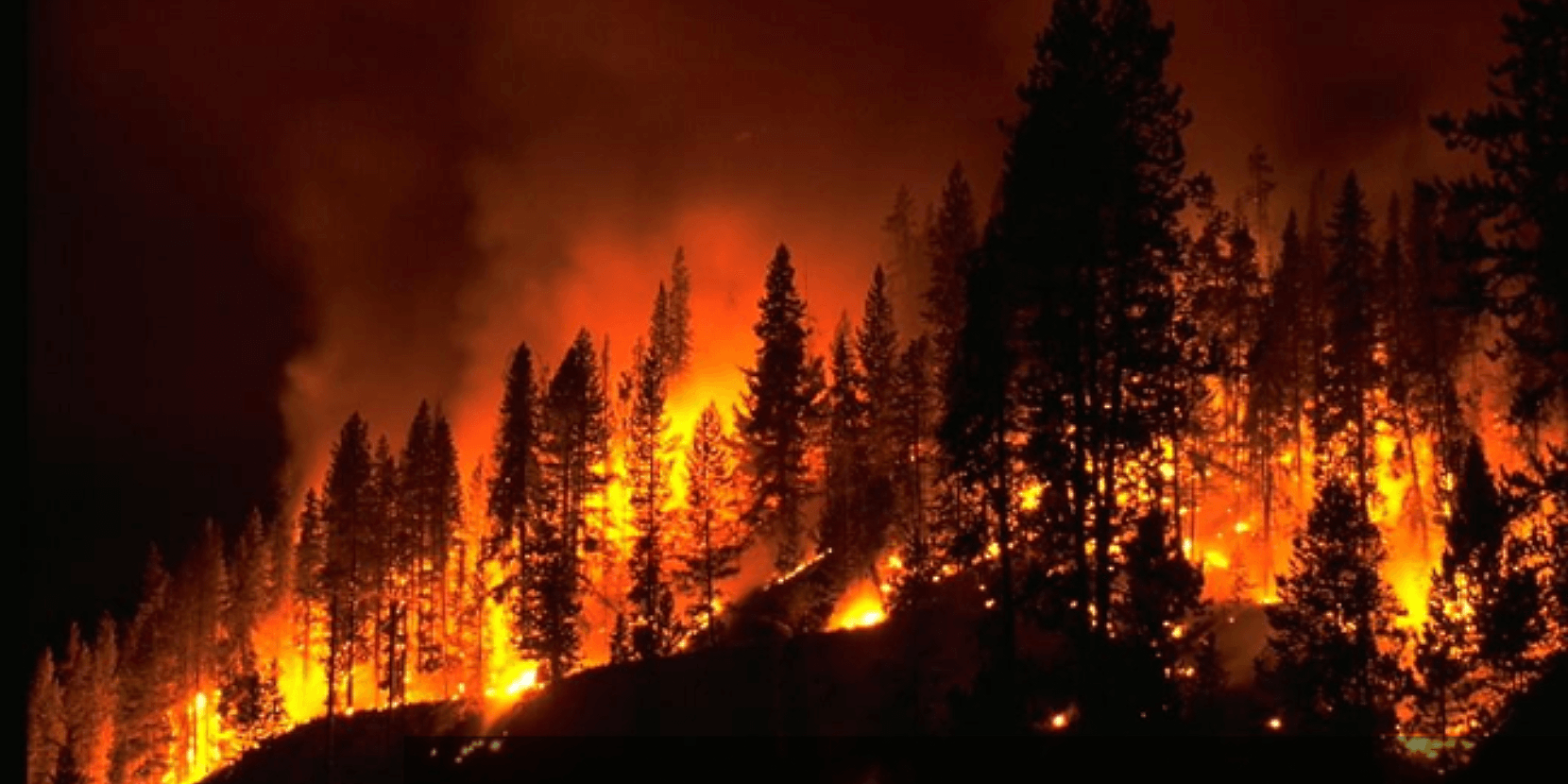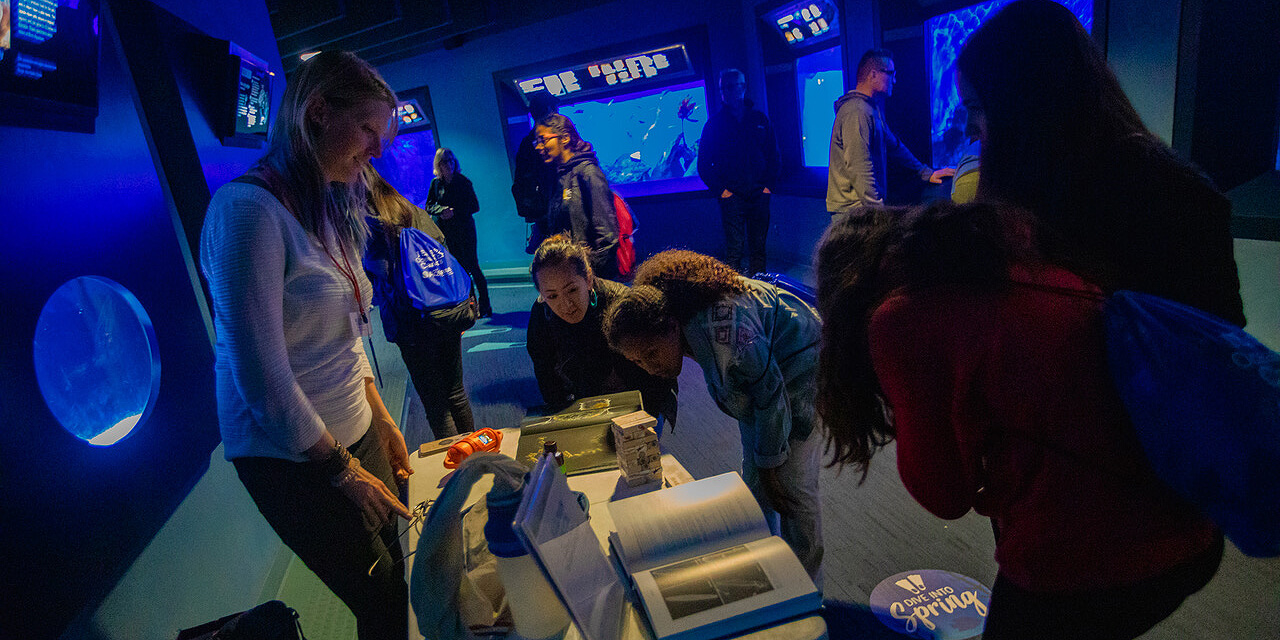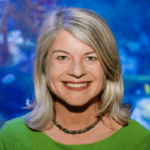Tackling the climate crisis requires creating climate champions of all ages—people who are educated on climate science, passionate about addressing the climate crisis, and engaged in concrete efforts to “bend the curve” of global warming. This is why Climate Champions aims to get more teaching, learning, and action on the climate crisis into regional schools.
Launched in late spring 2020, the Climate Champions pilot project, based at University of California (UC), San Diego, aspires to be a model for connecting K–12, university, and community, ultimately in service of climate action and climate justice. The direction of Climate Champions has been inspired and informed by the UC-CSU ECCLPS (Environmental and Climate Change Literacy Project and Summit) and its report on advancing environmental and climate change literacy for pre-K–12 students. Reciprocally, the Climate Champions project seeks to inform the statewide scale-up of climate education, showing how the ECCLPS recommendations can be put into action, leveraging state university systems to support curriculum development, and supporting the learning of pre-service and in-service teachers.
The Climate Champions action plan and work in progress targets these objectives:
- Understand teachers’ needs in teaching about the climate crisis.
- Build a climate champion teacher leadership corps.
- Create and curate climate curriculum adapted to teachers’ needs and local conditions.
- Host learning events designed for teachers in order to support teaching about the climate.

Understanding teachers’ needs
Teachers play a central role in educating the next generation of climate leaders, but barriers persist. In the United States, the majority of K–12 teachers (86 percent) believe climate change should be taught, yet only 42 percent teach about climate (NPR/Ipsos, 2019). Most teachers don’t teach about climate because they say it doesn’t relate to the subjects they teach or they don’t have the materials they need. We conducted a survey of teachers in San Diego County and the results reinforced these findings. Other concerns (e.g., content knowledge and parents’ attitudes) register much lower as obstacles for teachers.
Teachers in our region also express a strong desire for climate curriculum that includes project-based learning, climate science, climate solutions, action opportunities, environmental justice, and ideas for field trips. Based on input from educators, the ECCLPS report recommends interdisciplinary curriculum that engages students with interesting, relevant, culturally-responsive content; includes diverse perspectives; integrates Indigenous knowledge and ways of knowing; addresses causes and effects of the climate crisis based on evidence; and encourages active learning through student inquiry and creation of knowledge products.
Building a teacher leadership corps
Our leadership team based at UC San Diego—experts in K–12 education, climate science, and climate action—established the project direction. Regional teachers applied to serve as teacher leaders, and the leadership team selected eight teacher leaders. Among them, they teach science, math, and writing. All have knowledge, experience, and a commitment to climate education and climate justice. With a project roadmap as a guide, project leaders and teacher leaders collaborate in a participatory design process to make the project goals a reality.
Expert teachers know best what their colleagues need to meet the challenge of teaching climate. Working in teams, teacher leaders are creating units composed of lessons that include curated learning resources. Teacher leaders and project leaders are codesigning a virtual summit for May 22, 2021 that will allow participants to share curriculum and hear diverse perspectives.
In addition to teacher leaders, Climate Champions includes a group of youth leaders. These middle and high school students are working with a graduate student in education at UC San Diego, to collect and curate standards-aligned climate resources for humanities, history, and social science classes. The students share interests and passion for feminist philosophy, human equality, Earth’s regenerative capacities, collaborative practices, racial and economic justice, climate law, and Indigenous ways of knowing.
Creating climate curriculum
To create curriculum that truly meets the needs of students and teachers takes time, effort, and special expertise. Even under the best of circumstances, it is challenging work. The Climate Champions team, working during the pandemic and under many other stressors, has persevered to bring clarity to our development process and create new curriculum.
First, our team spent time together learning from experts and researching climate curriculum. Then our team refined criteria for our curriculum. We had planned to focus our first efforts on curating existing resources, aligning with standards, making adaptations to meet local needs, and filling gaps as necessary. Instead, the team decided collectively to create science units focused on specific phenomena, produce lessons with multidisciplinary connections, and plug in relevant open-source educational resources.
Curriculum teams organized around major themes of land warming, ocean warming, and bending the curve of global warming. With a focus on observable phenomena, the thematic units they created relate to increasing wildfires, extreme weather events, rising sea levels, declining marine biodiversity, and climate solutions that reduce greenhouse gases in Earth’s atmosphere in order to slow global warming. Over time, Climate Champions will continue to add curriculum, expanding on the themes related to land, ocean, and bending the curve.

For this first round of curriculum development, teacher leaders started by brainstorming what students will know, do, and create. What students will know aligns with the Next Generation Science Standards (NGSS) Disciplinary Core Ideas. What they will do aligns with NGSS Science and Engineering Practices. What they will create expresses NGSS Crosscutting Concepts and California’s Environmental Principles and Concepts (EP&Cs). While the focus starts with science, the materials also integrate math and English language arts in knowing, doing, and creating. Teacher leaders will test and refine the lessons prior to sharing through our website. All lessons will be open-source and, where possible, will connect with current research being conducted at UC San Diego.
Climate change involves more than science. In essence, the climate crisis is a social problem with numerous connections to humanities, history, and social science. Climate Champions youth leaders are pulling together resources for use in these subject areas, with content, media, and activities that address disciplinary standards. Teachers in visual and performing arts may find inspiration for their classes in any of these curricular materials. By sharing their adaptations on our website as it develops, these teachers will inspire others.
Hosting learning events to support climate education
Over the months, our first cohort of Climate Champions teacher leaders learned from visiting experts from UC San Diego, who spoke on a range of subjects, including climate science, climate justice, Indigenous approaches to the climate crisis, and supports for multilingual learners. As a group, we attended a book talk hosted by the Brooklyn Public Library that featured All We Can Save: Truth, Courage, and Solutions for the Climate Crisis. And by making Zooming with people across the county and the country a common practice, we have connected and learned together across any distance with lower greenhouse gas emissions.
Currently our team is planning a virtual Climate Champions Summit for Saturday, May 22, 2021, 9:00 am–2:30 pm. This event, on the International Day for Biological Diversity, is open to all who share an interest in and commitment to climate education, including high school and college students, teachers and administrators, and community educators. Sessions will focus on and integrate youth perspectives, present Climate Champions curriculum, and invite learning about climate justice, climate communication strategies, and Indigenous approaches to the climate crisis.
To sustain our learning community and grow the network of Climate Champions, we will continue to host virtual learning events, going deeper with diverse perspectives on content and pedagogy, all to catalyze climate action. Visit our website to learn more about our work, meet our team of leaders, and to register for our free events.
We are living during a critical time in which to bend the curve away from increased global warming and toward greater climate justice. We need you to be a Climate Champion too.
—————
Climate Champions involves collaborators from across the UC San Diego campus: CREATE (Center for Research on Educational Equity, Assessment, and Teaching Excellence), Birch Aquarium at Scripps, Scripps Institution of Oceanography, and the Education Studies Department. We enjoy funding and support from the Social Sciences Division Climate Action Lab, and we work in tandem with the San Diego County Office of Education. For more information on Climate Champions, contact Nan Renner (nrenner@ucsd.edu).


